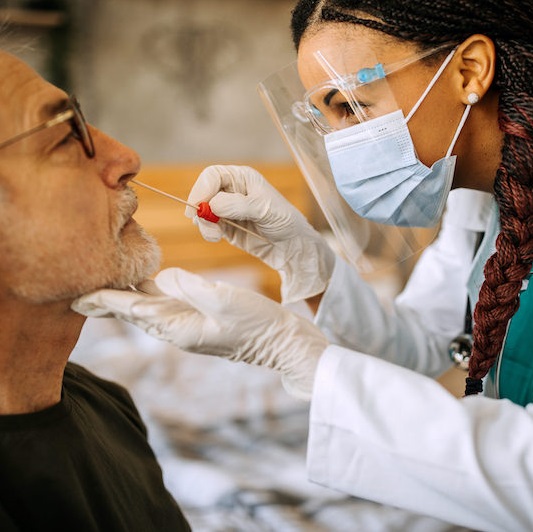
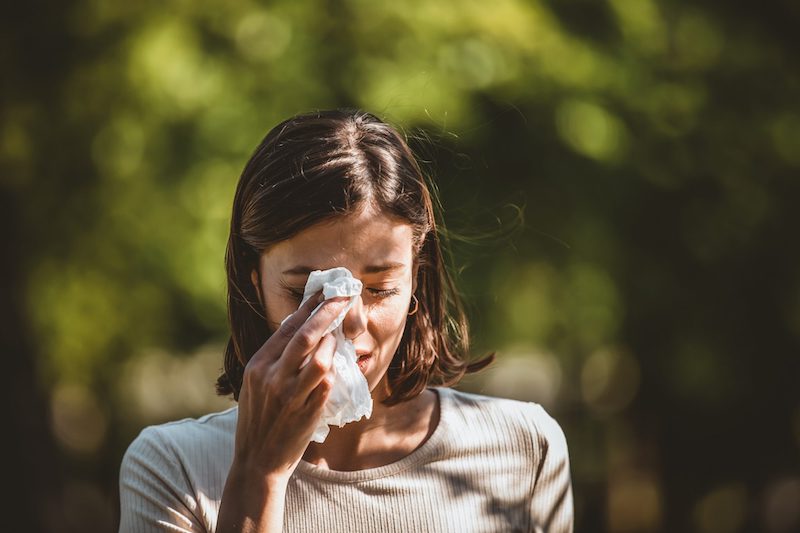
Every year, when Spring rolls around and exposure to pollen increases, so do allergies. But this year, we are not only experiencing seasonal allergies, but still fending off COVID-19.
With COVID-19, it is easy to feel concerned with every symptom that creeps up. I have a headache, could this be coronavirus? I’m more tired than usual, could this be coronavirus? You get it, the list goes on.
Here we breakout the simple differences so you can treat your symptoms accordingly.
COVID-19 vs. Seasonal Allergies
Fever, cough, shortness of breath and chest tightness are some of the symptoms seen in COVID-19. These symptoms are not really associated with allergies.
Allergy symptoms include itching of eyes/ears/nose, stuffy nose, and sneezing. Sometimes people will develop a cough. Someone with allergies may also develop a sinus infection which can make them feel tired however it shouldn’t cause severe fatigue that we see with COVID-19.
| Symptom | COVID-19 | Allergies |
| Dry cough | ✓ | |
| Mucus/postnasal drip | ✓ | |
| Chest discomfort/pain | ✓ | |
| Shortness of breath | ✓ | |
| Wheezing | ||
| Fever * | ✓ | |
| Sneezing | ✓ | |
| Nasal and eye watering and itching | ✓ | ✓ |
| Chills * | ✓ | |
| Muscle Pain * | ✓ | |
| Headache * | ✓ | |
| Sore Throat * | ✓ | |
| New loss of taste or smell * | ✓ |
* At least two of these symptoms. This list is not all inclusive. Please talk to your doctor for any other symptoms that are severe or concerning to you.
If you are unable to determine if your symptoms are secondary to coronavirus, the flu or allergies based on the above symptoms, talk to your allergist. To help your allergies it’s important to limit exposure to pollen by staying indoors which will also help decrease the spread of the coronavirus. It is also very important to take your allergy medicine and stay in contact with your physician during this time.
“Asthma can also flare up during allergy season, which like COVID-19 can cause shortness of breath or difficulty breathing, but not fever,” says Bruce DeCotiis, M.D., section chief of allergy and immunology at Jersey Shore University Medical Center. “People with asthma should follow their treatment carefully and maintain their medications this season. They, like other people with respiratory issues, are at a higher risk for more severe illness from COVID-19,” notes Dr. DeCotis.
If you think you have coronavirus, follow these steps to make sure you get the proper care.
Next Steps & Resources?
- Meet our clinical contributors: Mohammad A. Younus, M.D. and Bruce DeCotiis, M.D.
- To make an appointment with Drs. Younus, DeCotiis, or a doctor near you, call 800-822-8905 or visit our website.
The material provided through HealthU is intended to be used as general information only and should not replace the advice of your physician. Always consult your physician for individual care.
Find a doctor near me
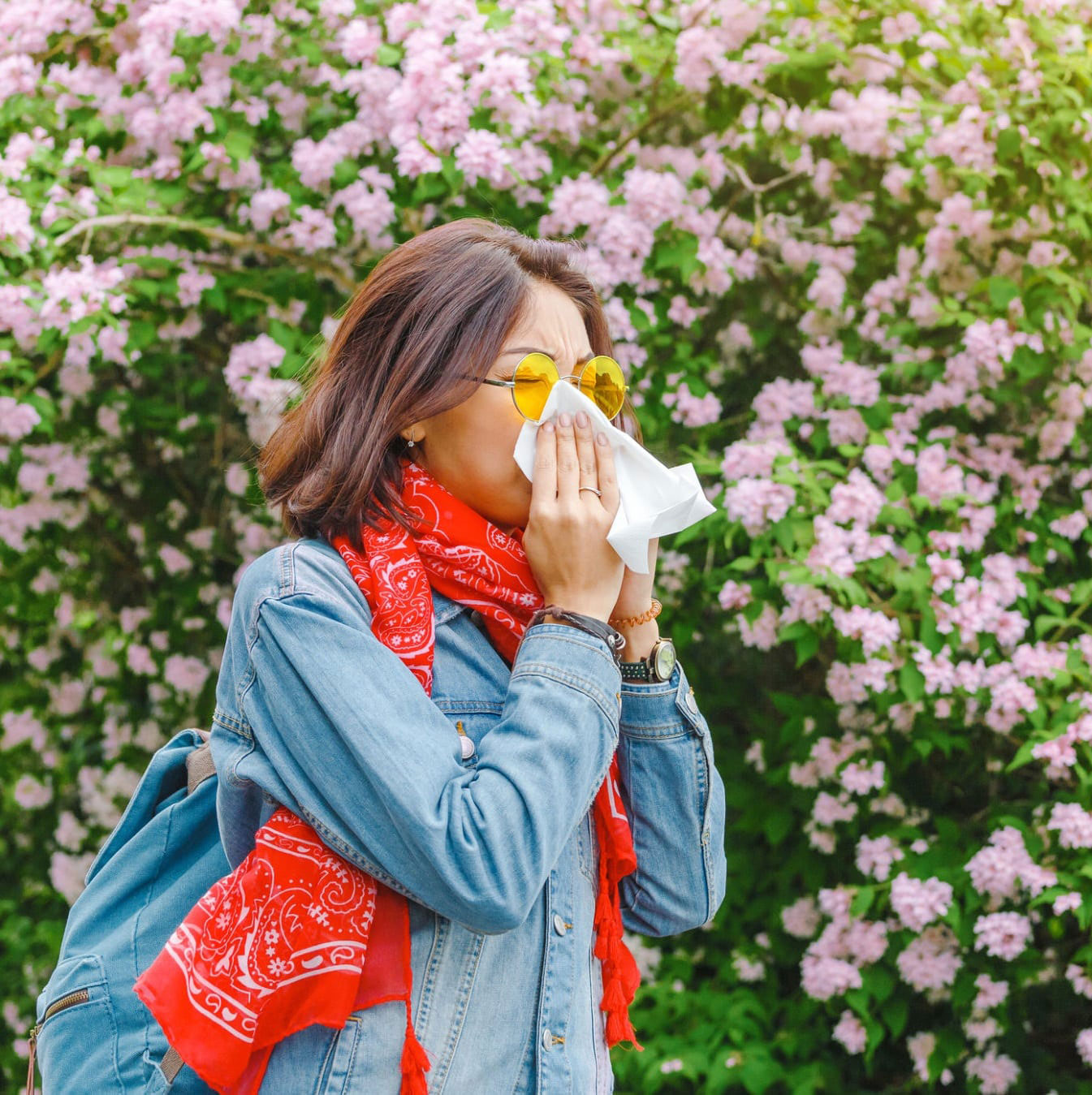
Have Allergies? 6 Signs You Should See a Doctor
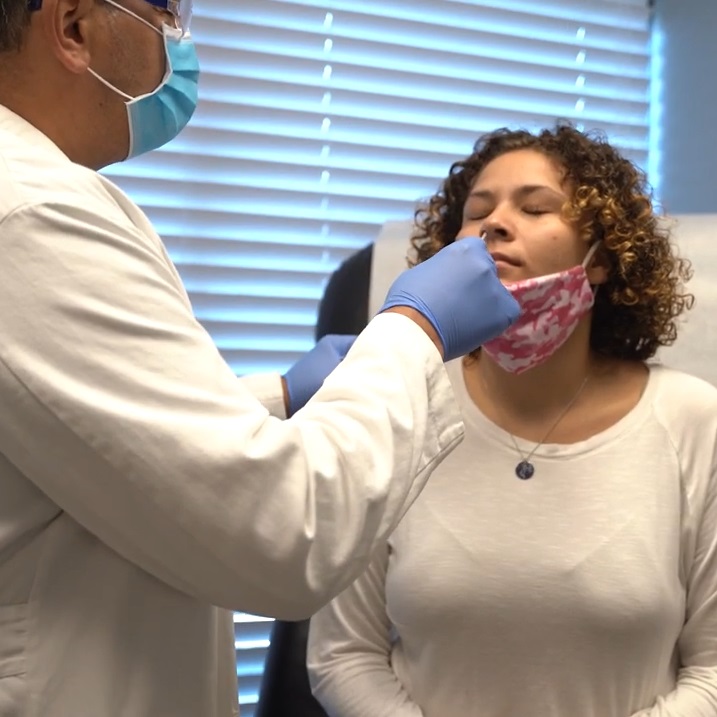
How to Prepare for a COVID Test
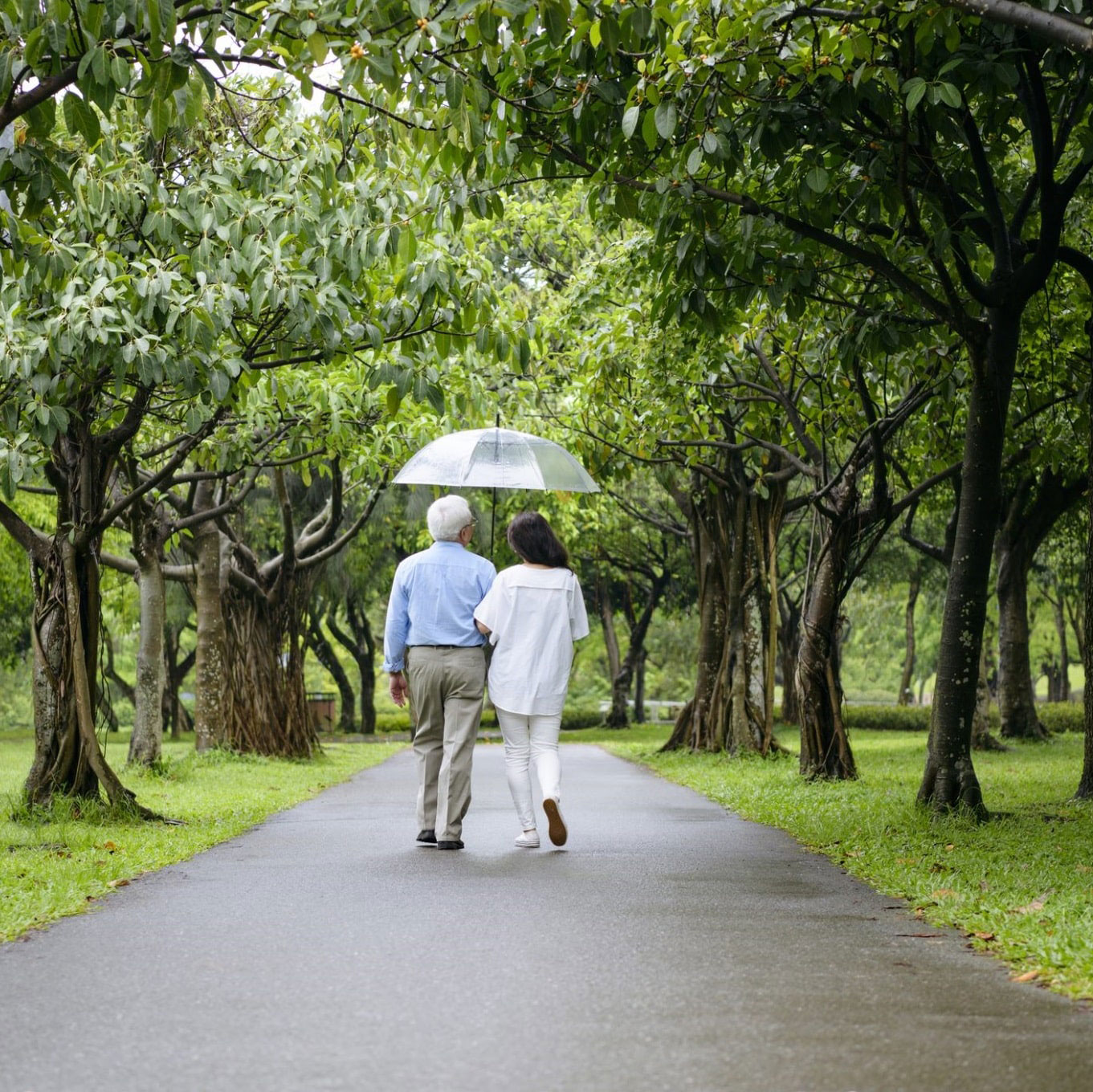
Reducing Allergy Symptoms
